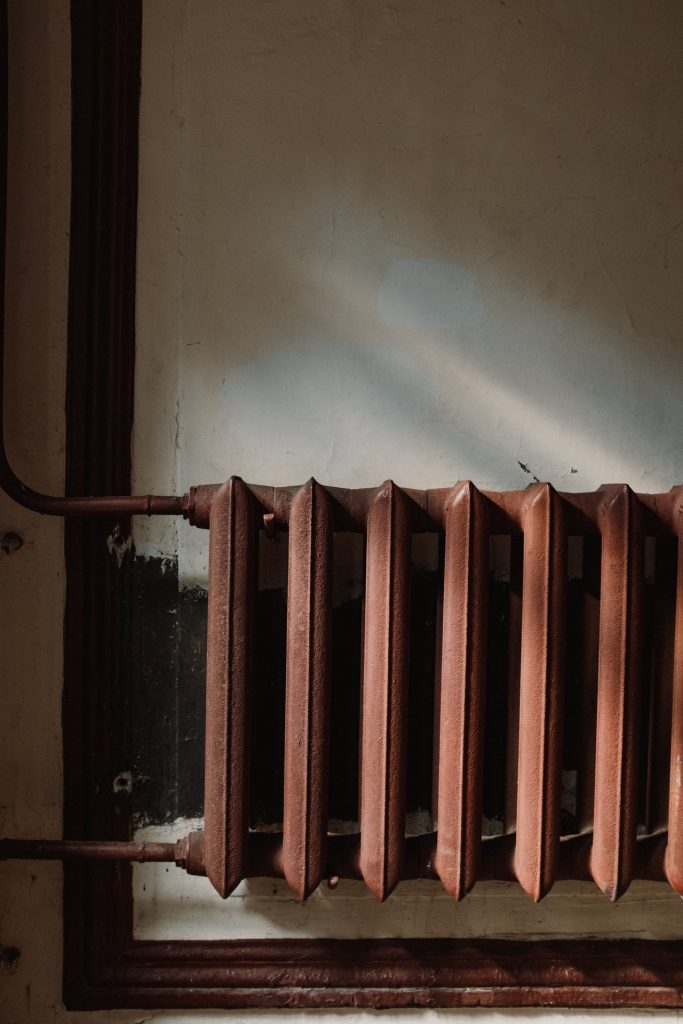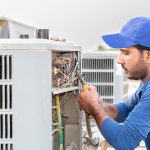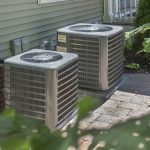
On a cold night, it can be frustrating having to wait hours for your home to warm up after turning on the thermostat. There are many reasons as to why your home may be taking so long to heat up. Or it is not even reaching the set temperature on the thermostat. Below are just some of the causes and solutions:
Your Heating System Is Too Small
It is possible that your home’s heating system may not be appropriate for the size or shape of the home. There may not be enough radiators or vents in your home or your furnace/boiler may be too small — as a result it could be taking a lot more energy to get your home feeling warm. Expanding and upgrading your heating system may be necessary.
Your Heating System Is Old/Broken
Alternatively, you could be using an old boiler or furnace that is no longer working as efficiently. Boilers and furnaces get less efficient with age. By replacing your boiler or furnace for a newer model such as a Burnham furnace, you could find that your home heats up much more quickly afterwards. Even if your heating system is relatively new, it could be worth still checking it for faults. Weird noises are a sign that something is wrong.
The Pump Is Faulty
If you have a boiler system and the boiler seems to be working, but your radiators are struggling to warm up, it could be an issue with the pump. Older pumps sometimes have an issue of seizing up. Give the pump a slight knock and it may start working again. If not, you may need to replace the pump. This will help to get hot water pumping to your radiators again.
Your Radiators Need To Be Bled
Alternatively, the issue could be with the radiators themselves (if you have a boiler system). A common issue in radiators is trapped air. This can prevent warm water circulating around the radiator, potentially leaving it cold at the top, but warm at the bottom. You may also notice that radiators are making gurgling or moaning sounds as a result of the trapped air. To fix this problem, you will need to ‘bleed’ your radiators using a radiator key. You can find a guide to bleeding radiators here. Radiators can experience other issues — if bleeding does not fix the problem, consider hiring a plumber to take a look.
Your Radiators/Vents Are Obstructed
A simple, but often overlooked reason as to why your home may be taking ages to heat up could be that your home’s radiators/vents are obstructed, which could be preventing heat from dispersing around the room. Make sure that you have not blocked off a radiator or vent with large furniture such as a sofa or wardrobe. Hanging clothes on radiators could also be a major culprit.
There Is A Problem With The Thermostat
It is rare, but possible, that your thermostat may not be working properly and as a result it may not be registering the right temperature. A heating engineer may need to take a look at your thermostat to determine if this is the problem — it could just be an electronic issue.







